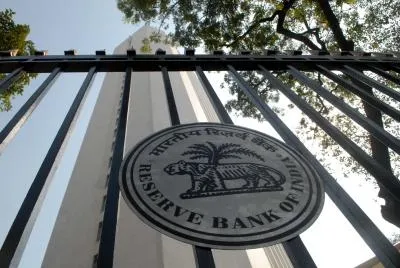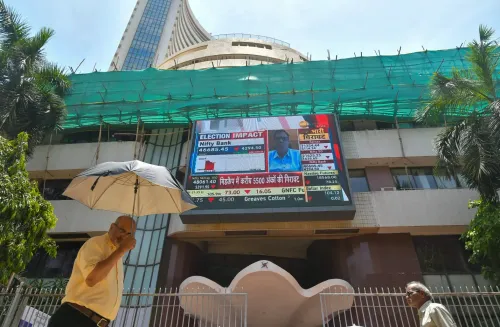Why Did RBI Impose Penalties on Several Cooperative Banks?

Synopsis
Key Takeaways
- The RBI has imposed significant penalties on cooperative banks for compliance failures.
- Penalties ranged from Rs 50,000 to Rs 10 lakh.
- Common violations included issues with KYC compliance and cybersecurity measures.
- The penalties serve as a reminder of the importance of adhering to banking regulations.
- The RBI may take further action against these banks in the future.
New Delhi, Sep 25 (NationPress) The Reserve Bank of India (RBI) has taken a decisive step by imposing financial penalties on a number of cooperative banks across the nation due to their failure to adhere to regulatory guidelines. This action follows inspections that uncovered serious deficiencies, including violations related to housing finance regulations, lapses in KYC compliance, and shortcomings in cyber security protocols.
Based on orders issued on September 22 and 23, five banks were penalised. The Gayatri Co-operative Urban Bank Limited from Jagtial, Telangana, faced the most significant penalty of Rs 10 lakh for marketing insurance products without adequate transparency, breaching RBI mandates concerning the promotion and distribution of mutual funds and insurance.
Similarly, the Makarpura Industrial Estate Co-operative Bank Limited in Vadodara, Gujarat, was fined Rs 2 lakh for non-compliance with KYC regulations and for neglecting necessary measures under the cyber security framework applicable to urban cooperative banks.
The South Canara District Central Co-operative Bank Limited from Karnataka was penalised Rs 1.5 lakh for exceeding prudential exposure limits concerning housing finance and for maintaining shares in another cooperative society, which is not allowed under the Banking Regulation Act.
Additionally, two banks received lesser fines of Rs 50,000 each. The Guntur District Co-operative Central Bank Limited in Andhra Pradesh was penalised for failing to timely upload KYC records to the Central KYC Records Registry (CKYCR), while the Tamil Nadu Circle Postal Co-operative Bank Limited was fined for offering deposit interest rates exceeding those permitted under the Supervisory Action Framework.
The RBI clarified that these penalties were imposed due to regulatory compliance failures and do not cast doubt on the validity of transactions between the banks and their clients. The central bank also emphasized that these penalties do not preclude any further actions against the non-compliant banks.









